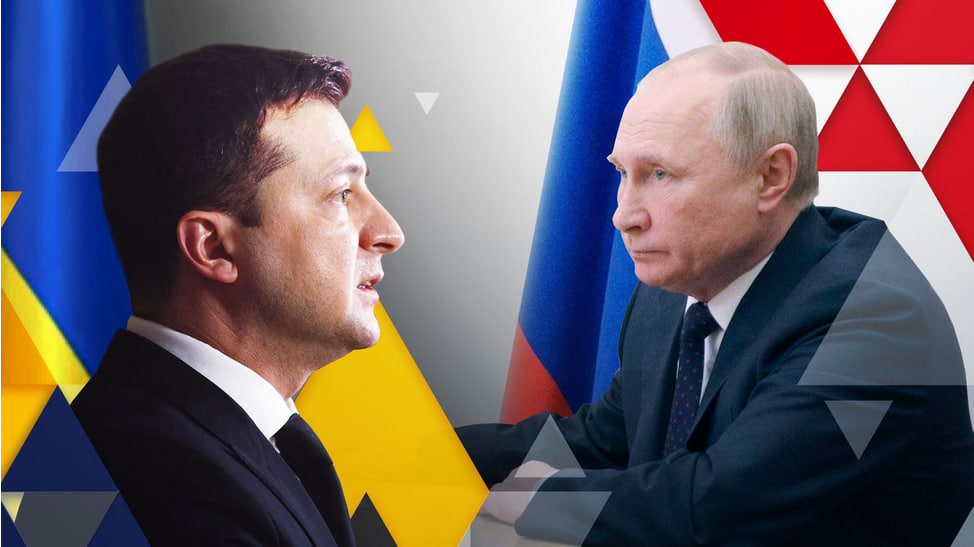End the war: On the Russia-Ukraine conflict
As the war in Ukraine seems endless , talks are the only way-out
As Russia’s war in Ukraine enters its second year, there are no signs of any side relenting . Moscow has mobilised some 5,00,000 troops , more than twice the size of the forces it deployed to launch the invasion last February, for a widely expected spring offensive. The West, Kyiv’s main financial and military backer , is sending armoured vehicles, precision bombs, battle tanks and missile defence systems to Ukraine to bolster its defensive and offensive capabilities. In his surprise visit to Kyiv on Monday, U.S. President Joe Biden pledged America’s lasting support to the war-battered nation. The next day, Russian President Vladimir Putin, in his State of the Nation address , signalled his country’s readiness for a long war, and suspended its participation in the New START treaty, which marked a breakdown of ties with the West and could also trigger a nuclear-arms race. The past year has been disastrous for all parties. Mr. Putin, who wanted a quick victory, miscalculated Kyiv’s response and the-West ’s resolve to back it. Ukraine inflicted huge human and material costs on Russia, but still lost swathes of its territories. The West stays united, despite differences over its approach towards Russia, but has also been reeling under the economic costs of the war.
However, despite the setbacks , no side is ready for talks. Mr. Putin is ready to fight as long as it takes and the West is ready to arm Ukraine as long as it takes. A long war would be catastrophic for Ukraine as the entire fighting is taking place within its borders. The country has lost land, weapons and tens of thousands of lives. Its infrastructure is under attack and the economy has been battered . Without the steady supply of arms from the West, it is unlikely to survive the Russian onslaught . Further, if the war prolongs , the risks of a Russia- NATO direct conflict would be higher. The rapid destruction of security in Europe and the deepening mistrust between major powers is comparable with the pre-First World War situation in the continent. An open confrontation between the great powers today would be cataclysmic because of the threat of nuclear weapons. The possibility of such a conflict would mean that the war is not just a European problem. Bringing the war to an end is imperative for global security and safety. Wars typically come-to an end either through outright victories or talks. The first year of the war suggests that the first option is unrealistic for either side, which means Russia, Ukraine and the West should prepare for an eventual settlement . The earlier they begin talking to each other the better it would be for the whole world.
